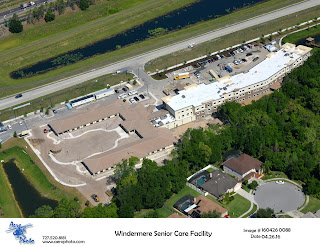Cliff Davis is an advocate for child welfare and adoption services. Because of his lengthy involvement with these services, he understands some of the challenges faced by adoptive parents. Domestic and international adoption each has unique advantages and disadvantages.
One of the concerns for parents adopting internationally is the health of a child coming from an underdeveloped country. Many diseases that are rarely found in the US are still prevalent in other parts of the world. Tuberculosis is one of the illnesses that is frequently seen in international adoptees. “At risk” children include those coming from institutional care. Upon arrival,1 in 5 children with high-risk backgrounds test positive on the Tuberculosis skin test.
Tuberculosis (TB) is an infection. It typically impacts the lungs but can affect other parts of the body. These symptoms often take time to appear. People who test positive for the infection but do not display any signs or symptoms are said to have latent Tuberculosis (LTB). It is important to note that these individuals are not contagious. However, it is crucial to treat LTB so that the person does not develop active Tuberculosis.
LTB is treated with a medication called isoniazid. Internationally adopted children who test positive will be given this medication. It is taken once per day for nine months. When taken as directed, this medication completely eradicates the disease.
Typically, internationally adopted children will be tested upon arrival and again in six months. This is because it can take several months after exposure before a child tests positive. If the child tests negative both times, they are in the clear and will need no further testing or intervention. If a child tests positive, they are treated and as long as they show no symptoms, will need no further treatment or testing.
It is helpful to speak with your pediatrician to understand all the health issues you may be facing as the parent of an international adoptee. While it may seem complicated, there are numerous resources available to assist adoptive parents. Regulations are in place to help ensure healthy children are adopted into loving homes.















